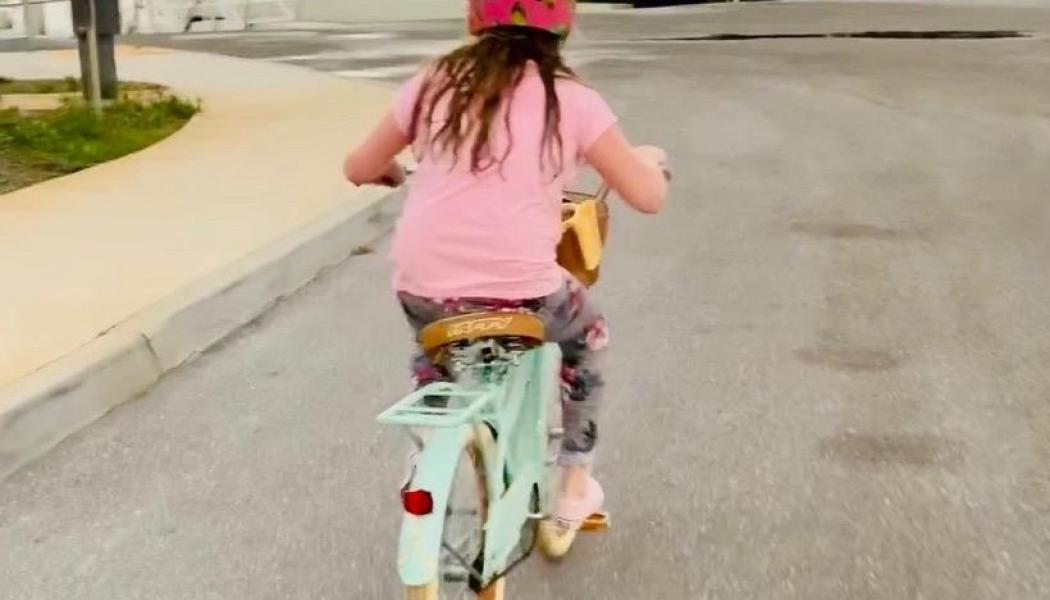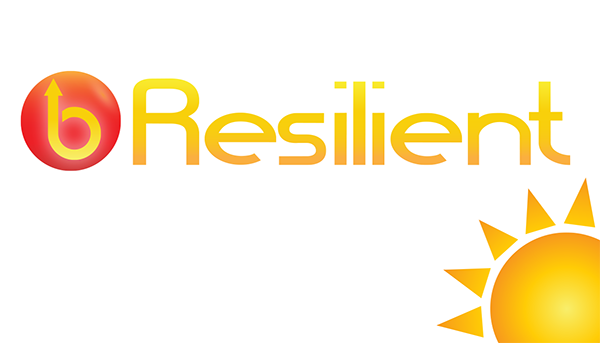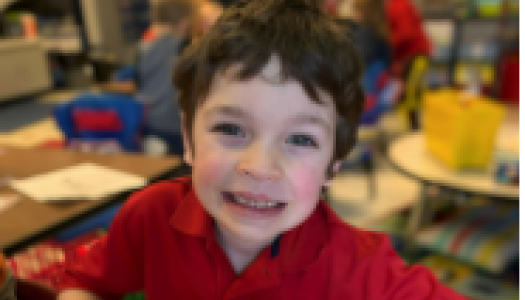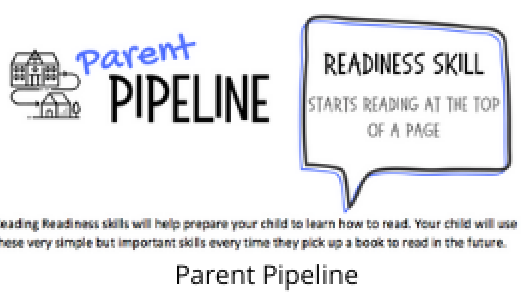
Kristin Ackerman
My 10-year-old is finally riding her bike independently. Some of you just read that sentence and thought, My kid started riding a bike at 4. What’s the big deal?
Well, the big deal is that regardless of how long it took—actually, maybe because of how long it took—she feels very accomplished. My stubborn kid has successfully taken on a lot of other challenges in life, but she dug in her heels and refused to practice riding her bike. She took to a tricycle at 2 and then delighted in her big-girl bike with training wheels at 3, but that was where the progression stalled out. As she got older, she wanted to hold on to the comfort of riding with training wheels.
My husband and I would nudge, and then we would downright shove by taking the training wheels off and forcing her to try. Every time we brought the bike out of the garage, our daughter would try every tactic possible to avoid the task and then cry and complain while practicing. The experience was miserable. Our practice sessions would end with all of us feeling frustrated and my daughter feeling shame. We were trying to accomplish a big task without breaking it down into small skills.
So, what changed? Leila’s big brother taught her how to skateboard. He broke the task into small chunks, encouraged her as she was successful, and coached her when she was unsure, and in one afternoon she was skateboarding all over the neighborhood. Her success with skateboarding built up her confidence.
On the heels of her success with learning a new skill, my husband took her to a nearby park with a little grassy hill, started her on the hill, and encouraged her to pedal. She was riding her bike but still a little hesitant. They continued to spend 10–15 minutes a day practicing small skills like braking, turning, and riding on dirt, gravel, and the sidewalk. As the days went by, her skills improved and her confidence grew. She is now choosing to ride daily because it brings her joy.
As a reading teacher, I know that my students need small, measurable tasks that build their ability to read independently. CAFE allows me to focus on one major pillar of reading at a time, teaching specific skills to build a reader’s ability and confidence. I know that my students are constantly working toward bigger goals, but I am teaching small, attainable skills.
May we all remember that although learning how to read is not easy for every child, we can rest assured that we are teaching effectively when we use researched and proven methods like CAFE. We know that how children grow is by teaching small skills that build toward big goals like comprehension, accuracy, fluency, and vocabulary. When the goal is reached is not as important as the journey. Ten years from now it won’t matter which kids in my class learned how to read independently at 5, or 7 or 10. What will matter is that my students learned to read independently and will joyfully continue to do so for their entire lives.
News From The Daily CAFE
Graph the Candy Hearts
CAFE Book Study: Chapter 4—The Instruction Protocol
Reading Readiness Skill—Starts Reading at the Top of a Page









